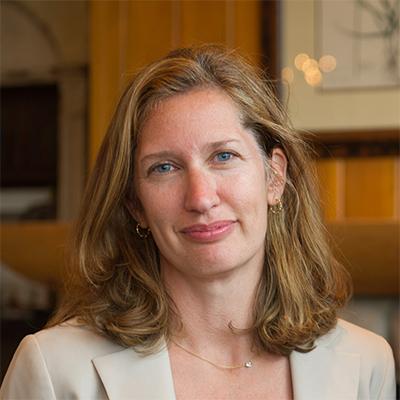After more than 20 years of working together, Paul Hill and I have finally found something we might really disagree on.
Paul has legitimate concerns about the “backfill” issue (whether charter schools should be required to take students mid-year or after traditional entry grades), concerns that are grounded in his research with Gail Foster and Tamar Gendler at RAND back in the 80s. High Schools with Character is one of the best things I’ve read about the importance of school-level coherency and is foundational reading at CRPE. Paul is worried that by asking the most effective, “high-output” charter high schools to backfill, they will begin to look like traditional comprehensive high schools, compromising high standards and the learning opportunities for high-achieving students.
We at CRPE have always believed that the real promise of chartering rests on the ability of the school to act as a focused, results-oriented organization. A school should be able to define a clear vision of the skills, character, and competencies of its graduates, and it should be able to define how instruction, culture, and resources are aligned in support of producing those kinds of graduates. It is essential that everyone in the school community—teachers, students, parents, and even the cafeteria staff—is on board with that plan. Focus and coherency are especially important at the high school level, where student interests, skills, and behaviors can vary dramatically. Trying to respond to those diverse needs led us to where we are today, with comprehensive high schools that often produce award-winning football teams and jazz bands but struggle to ensure that every student leaves on a path to success.
But here are the bones I have to pick with Paul’s argument:
- I know many “high-output” charter schools that take all kids, regardless of background. Mastery Schools in Philadelphia takes over low-performing neighborhood schools and continues to admit students based on the attendance boundaries. The school provides intensive remediation classes for students who are farthest behind, giving them the support they need to meet Mastery standards. Importantly, they also allow students to stay at the school two extra years if they are not ready to graduate by age 18.
- It is not politically defensible for charters to claim exemptions from backfilling once they become a significant portion of a city’s school system. Districts simply cannot be required to take in new students at any time when charters do not—and somebody must.
- It is a very slippery slope to suggest that some charters should be required to take students with severe academic deficiencies, and other “elite” schools should not. Who decides which schools do or don’t have to take more challenging students? Why restrict the challenge to academics and not behavior or special needs or other differences? I can’t support a public school system where some government official decides who gets to attend which school. Worse, if it is left to schools to decide, outright discrimination is assured and we’ll certainly end up with some schools that are dumping grounds for kids that everyone has given up on.
- I have never seen anyone produce evidence to support the claim that backfilling with small numbers of students detracts from the ability of a school to maintain its coherency. I’d like to see data and research on this before giving up on equal access.
So I have to register my respectful dissent of Paul’s views on backfill, though as Paul keeps telling me, we likely disagree about this less than I think. But here’s what we both agree on: it’s worth continuing to argue over this issue and other tensions between school autonomy and the bigger system questions about how choice can work as the norm, not an exception. It’s worth continuing to think through how and whether backfill can work rather than arguing theory. Look for a new report next week from Paul and Tricia Maas on just this topic.
The future of charter schooling is, I think, at an inflection point. On backfill, on special education, on common enrollment systems, and on many other issues that rebel movements face as they succeed and grow and face becoming the very system they fought.
Recreating the old system is not inevitable if we are alert and follow the evidence.
READ Backfill in Charter High Schools: Practices to Learn From and Questions to be Answered



